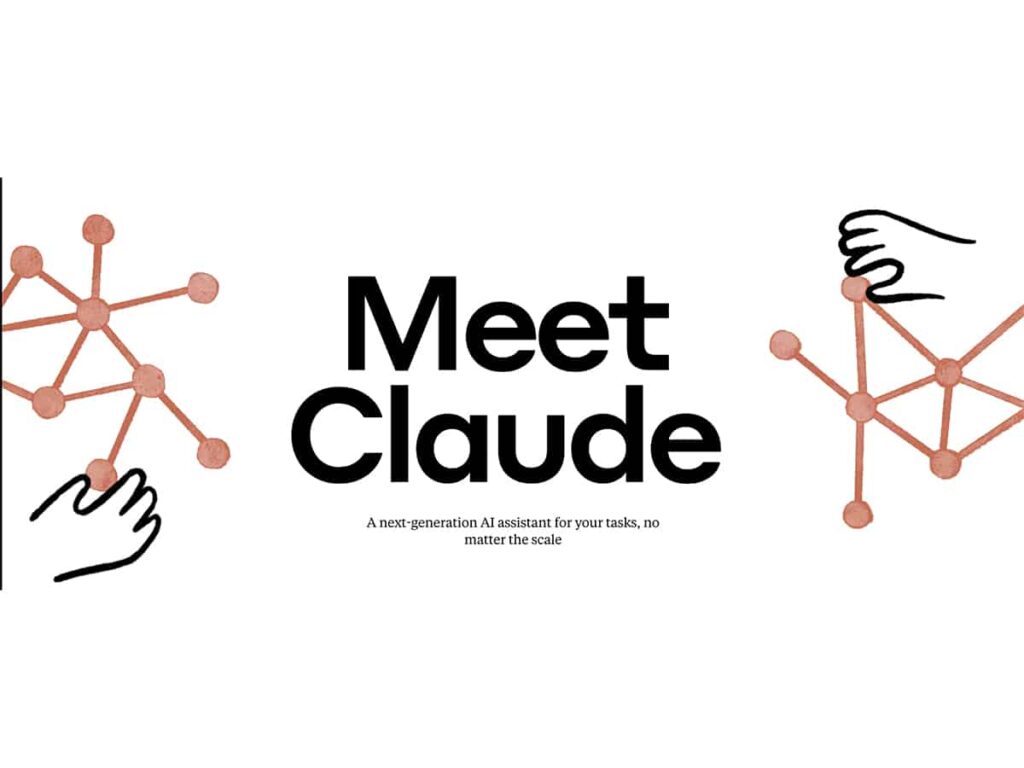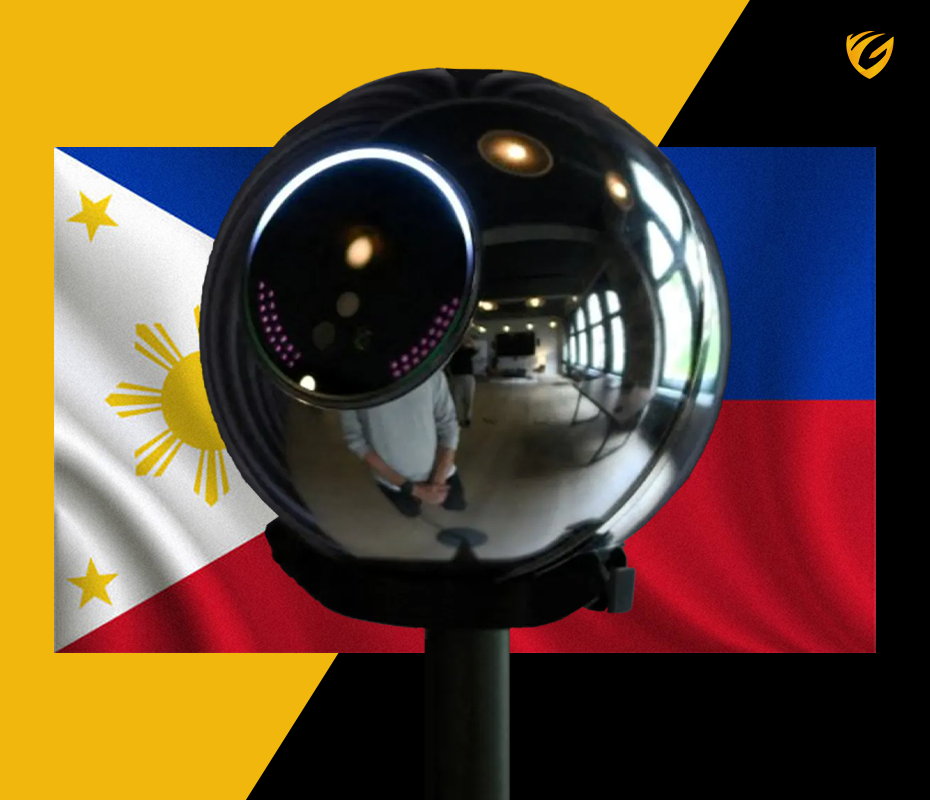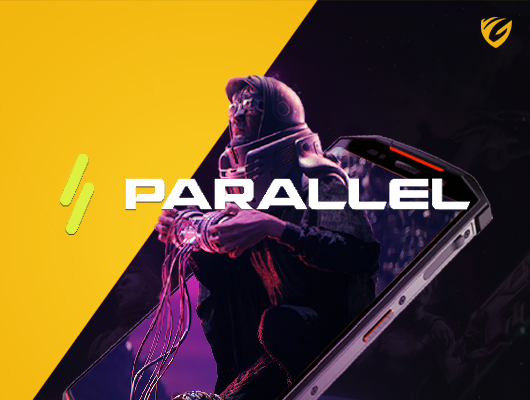AI Chatbot: Learns the Difference Between Good and Evil
The ethical issues in the fast-developing field of artificial intelligence (AI) are now in the spotlight. Anthropic, a business run by former OpenAI researchers, is forging a new path in an industry where AI-generated material frequently veers into the area of fiction and offensiveness. They have created Claude, an AI chatbot that can distinguish between good and evil with little help from humans. Anthropic seeks to assure ethical conduct while preserving robust functioning by giving Claude a special “constitution” motivated by moral standards and human rights.
Anthropic’s method of instruction They describe Claude in their research article “Constitutional AI: Harmlessness from AI Feedback.” Their ground-breaking approach focuses on developing a “harmless” yet beneficial AI that can develop independently of human input. Claude creates a framework for comprehending and modifying its own behavior by integrating the concepts of the Universal Declaration of Human Rights and other ethical standards, such as Apple’s rules for app creators.

The First Step Toward Ethical AI
The topic of AI intervention has spurred passionate discussions among AI enthusiasts. The effort by OpenAI to modify its models for political correctness has drawn both support and criticism. In contrast, Anthropic’s strategy aims to achieve a compromise between moral conduct and protecting AI’s capacity for development and learning. Anthropic aspires to develop an AI that can freely negotiate challenging ethical settings by giving Claude the ability to recognize inappropriate behavior and modify its conduct.
The creation of Claude by Anthropic represents a significant turning point in the development of moral AI. It is becoming more and more important to give AI systems a sense of moral obligation as technology develops. We can give AI models the ability to comprehend and discern between good and evil by giving them a constitution-like set of laws and principles.
Claude, an AI chatbot developed by Anthropic, represents a significant advancement in ethical AI. Claude can distinguish between right and wrong while still remaining functional because of the use of a special “constitution” that was motivated by ethical considerations. This strategy illustrates a viable route for creating AI systems that can act responsibly and grow intellectually. Anthropic’s study serves as a reminder that ethical considerations must be at the forefront of AI development to ensure a positive and responsible future as the discussion on AI intervention continues.



